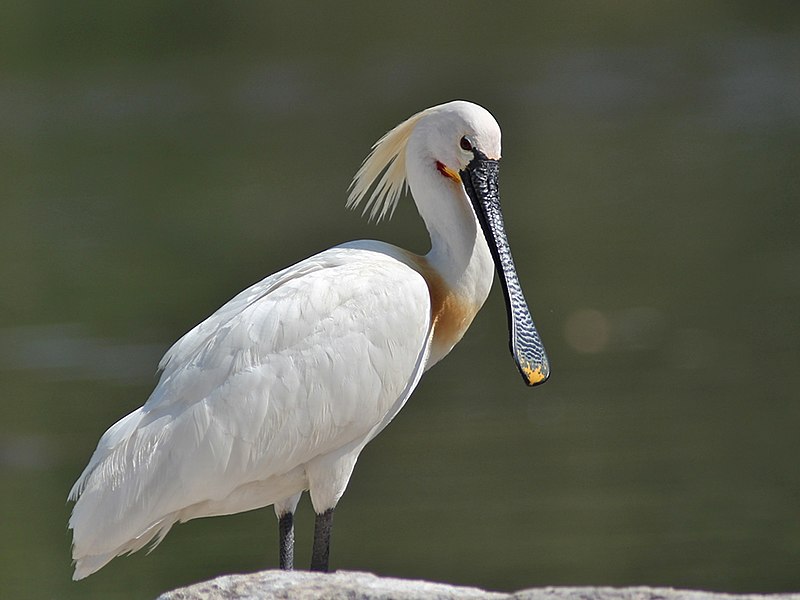
For the first time in approximately 400 years, spoonbill fledglings have achieved breeding success within a nature reserve in the Norfolk Broads. These chicks represent a historic milestone for
Hickling Broad, which has been a crucial haven for the species in recent times, according to the Norfolk Wildlife Trust.
Within England, there are believed to be only eight designated breeding locations for spoonbills, making this achievement all the more significant. Robert Smith of the trust expressed his sense of privilege in overseeing the bird population's progress over the past years.
In his words, "We can now officially celebrate the resurgence of a once-lost breeding species in the Broadland environment, with the emergence of the first fledged spoonbill here since the mid-17th Century."
Smith continued, "Observing the fledgling as it soars through the reserve, coupled with the distinctive trilling call it uses to beseech its parents for sustenance, presents a truly enchanting sight and sound. This underscores the critical importance of our efforts to enrich habitats within our reserves and throughout Norfolk, a significance that reverberates in the survival of our diverse wildlife, including esteemed visitors like the spoonbill."
The spoonbill, an imposing wading bird resembling a large white heron, boasts a height of three feet and a wingspan spanning 4 feet (1.2m). Its name derives from its elongated bill, featuring a distinctive flat spoon-shaped tip.
Revered for its rarity, the species is of significant conservation concern in Europe and holds the status of a highly uncommon breeding bird in the UK. The fledglings, affectionately termed "teaspoons" due to their abbreviated bills, can be distinguished by the black accents on their wingtips.
As reported by the Norfolk Wildlife Trust, these fledglings at Hickling Broad will initially shuttle between their tree-based nests and the adjacent pool. As their courage grows, they will progressively venture further afield, eventually bidding farewell to the nest as a family unit, as they embark on their southern migration.
Notably, Poole Harbour in Dorset stands out as a pivotal wintering site for the Norfolk breeding spoonbills. Photo by Swardeepak, Wikimedia commons.


































